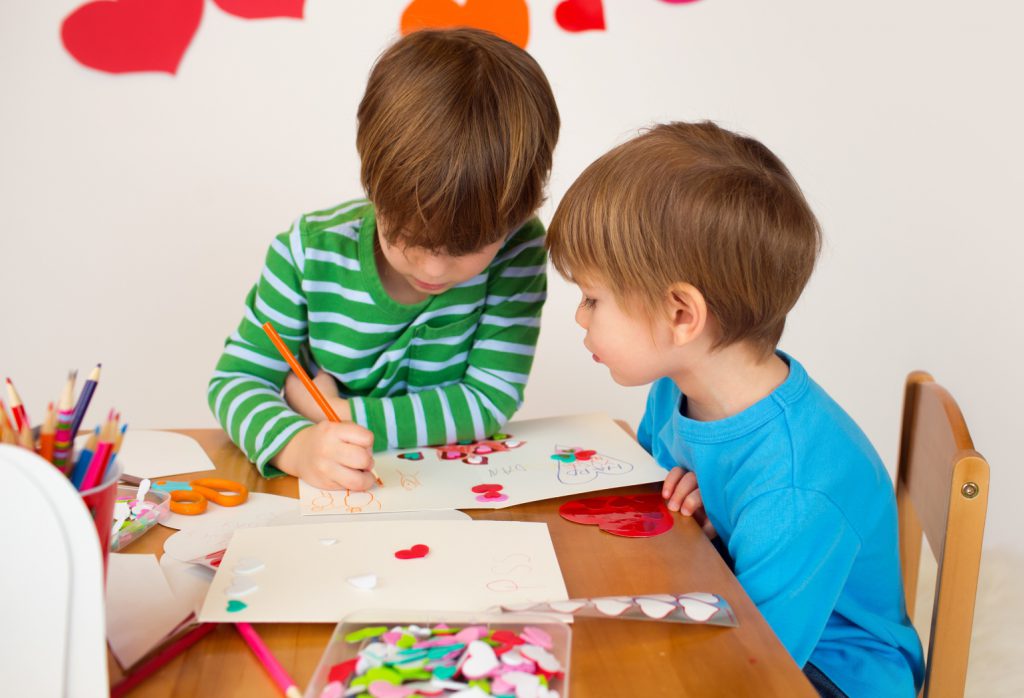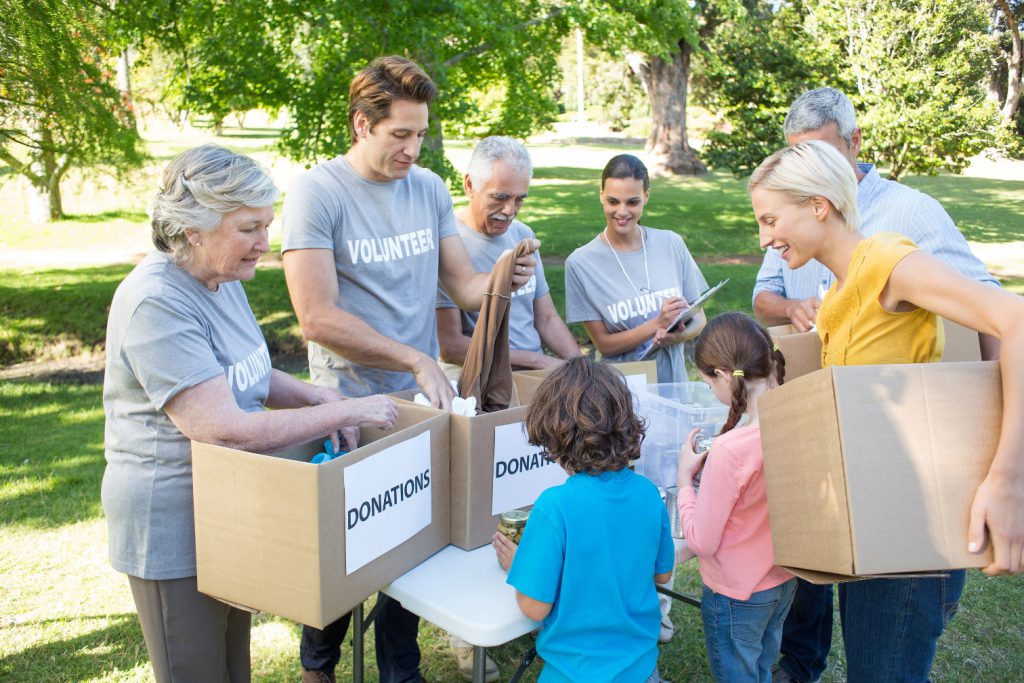Homeschool Socialization: Ways to Keep Your Homeschooled Child Socially Active
tl;dr
- Homeschooling has tons of advantages, but a vibrant social life isn't always one of them
- You have to make a real effort to socialize
- Play-days with other children
- Music and art classes
- Organized (and unorganized) sports
- Camps and clubs
- Volunteering
- Stay aware of how your child is developing compared to their peers
If you are the proud parent of a young child, chances are you have considered homeschooling at one point or another. While this type of education offers numerous benefits, many parents still struggle with worries about the "homeschool socialization issue".
Effective ways to keep your homeschooler socially active
When children attend school, they are becoming a part of a group. They learn how to interact with other children, thus developing a sense of belonging. They experience different characters and different behavior. They meet new friends, solve problems together, and learn to negotiate. Homeschoolers don’t really get to experience these benefits at home, as their education takes place in a totally different environment.
Choosing homeschooling is a decision made by an increasing number of parents nowadays, due to various reasons. If you make this choice yourself, there are a lot of opportunities to help your child become socially active and learn social skills and good manners. Let's go through some of the most effective ways to keep your child socially active.

1. Plan a play-day
If you want to make sure your child is socializing properly, the first thing you should do is plan and organize “play-days”. This means choosing certain days of the week when you will take your child to meet other children to socialize with, on a regular basis. Moreover, you can contact a few other parents of homeschoolers and organize game playing activities. That is how all the children can enjoy the companionship of others, while sharing the same interests.
2. Take your child to music or art classes
Most children find music and art classes very entertaining. These classes are not only educational, but they also help children discover various talents. Your children can meet other children and learn to collaborate while learning to draw, paint, or play a musical instrument. If there aren’t any music or art classes available in your area, consider contacting a music store, as they usually offer group music classes. This way, your child can build friendships with kids that have similar interests.

3. Encourage playing sports
Playing sports is certainly one of the best activities to keep your homeschooled child socially active. Sports activities are effective in creating the child's personality and character, but they also add value to their well-being in general.
There are many schools that let homeschooled children join sports teams, so it is a good idea to get informed about such opportunities. If not, you can check for a recreation center in your area and choose activities that will suit your child’s interests, age and capabilities.
4. Support summer camping
Joining a summer camp is always exciting and fun, especially for homeschooled children. Summer camping helps children learn various social skills; it means joining a community where everyone is willing to cooperate. When a homeschooled child joins such a community, they experience sharing a cabin with other children, sharing daily chores, and learning to communicate effectively.
As the camp helps build a teamwork spirit, it is very easy for children of all ages to make good friends. Camp activities are amusing and fun, and they include a lot of talking, laughing, singing, playing; basically all the activities that keep children socially active. Moreover, summer camping helps children enhance their talents, whether they are related to sports or art.

5. Enroll your homeschooled child in clubs
Enrolling your child in a health club, library, religious group, or a scout club can certainly help them with the socialization matter. Some of these clubs and groups organize a large variety of events and activities.
Whether it’s a religious group or a youth health club, children get the opportunity to meet other kids with similar interests. They also discuss ideas and share their knowledge, learn to help and cooperate with their friends, and may learn useful skills.
6. Encourage volunteering for better homeschool socialization
Helping others is always useful. Volunteering in animal shelter centers or humanitarian organizations is not only useful, but it helps children create and develop new friendships and contacts, too. Through various activities, children learn to strengthen the ties with the local neighborhood and the wider community, study the area, and learn new noble skills.
Beside the above-mentioned positive impacts, volunteering also helps children stay physically healthy. As some forms of volunteering may take place in nature reserves and parks, such activities can be very beneficial to children. They even lessen the risks of heart diseases or any kind of chronic pain.

Homeschool socialization is crucial for optimal mental, emotional, and physical health
The purpose of socialization for homeschoolers is not only playing games and having fun; it's something that parents should put a lot of thought into. It's important to remember that parents play an essential role in keeping their homeschooled child socially active.
As a parent of a homeschooled child, you should allow and encourage your youngster to take part in various activities and events. You should try to create opportunities so that your child can meet new friends, learn new skills, and finally create their own network of acquaintances. Once they do that, they will enjoy spending time with others on a regular basis.
While some children are naturally very outgoing, others are introverted and shy. If a child appears withdrawn, they are most likely having a hard time meeting new friends. This means that parents of shy or introverted homeschooled children should try harder and show a lot of patience with them. It may take a bit longer, but your child will eventually show willingness to cooperate and make friends.
At KinderIQ, we offer a variety of online resources for young children, including a free kindergarten readiness assessment that helps parents focus learning on the areas that matter the most.